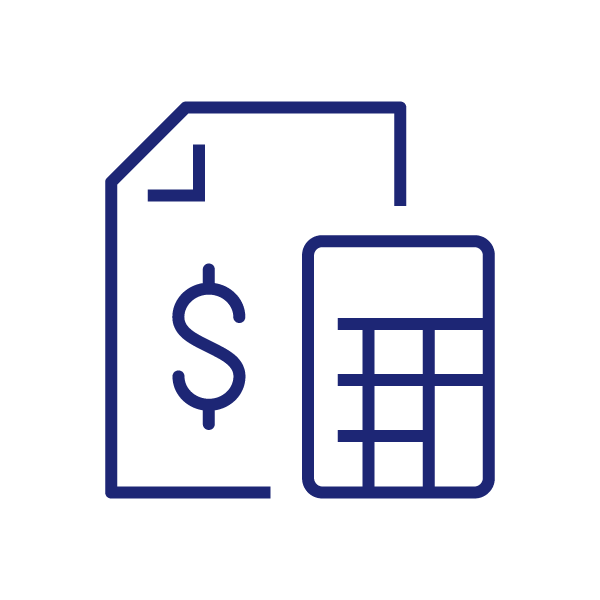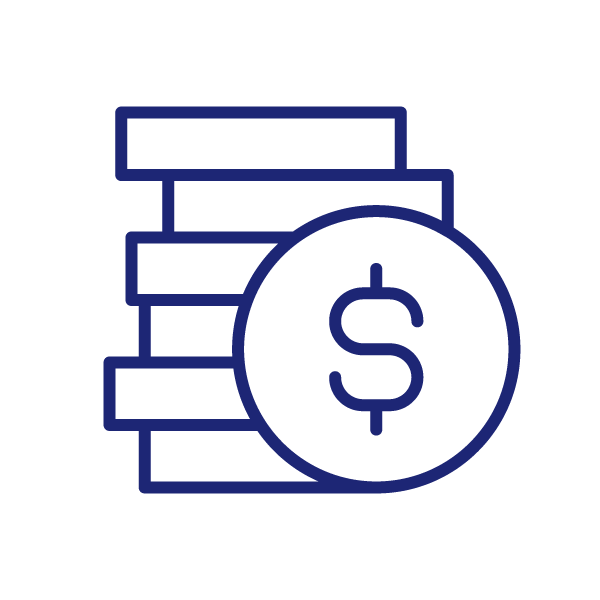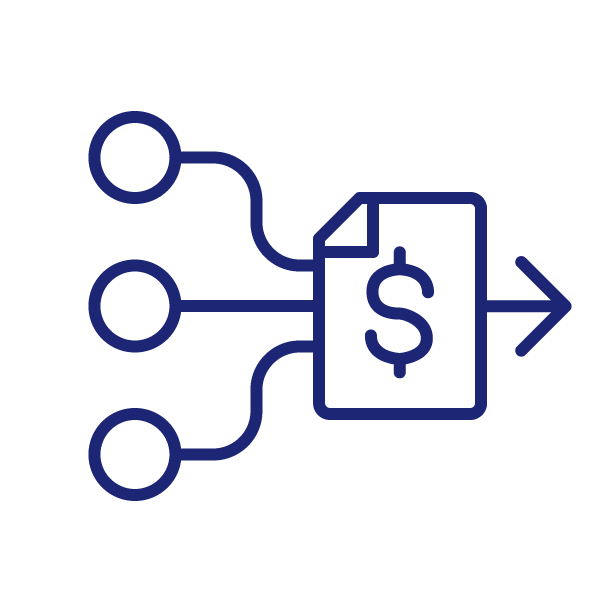As the lending landscape in Canada continues to evolve, it’s important for borrowers to stay informed of any changes in the Canada Mortgage and Housing Corporation’s (CMHC) application requirements to avoid delays or issues with their applications. Last fall, the CMHC announced changes to their multi-unit applications that will impact those applying for funding. One of those changes relates to the submission of operating cost invoices. Let’s take a look at what this change means and how it will affect multi-unit applications going forward.
| Understanding CMHC’s New Requirement | |
| Before November 2024 Borrowers with solid financial records could submit an operating financial statement without having to include the invoices to confirm operating costs. |
After CMHC now requires detailed operating cost invoices for the past 12 months with a term loan application for an existing property. |
Why the change?
This change, as well as some of the others introduced by CMHC in their key policy changes last November, show a trend towards enhanced market transparency through clear and defined guidelines. By requiring borrowers to provide additional documentation, whether that pertains to operating costs or appraisals, CMHC’s higher expectations will require all borrowers to do their due diligence.
What Are Operating Cost Invoices?
An operating cost invoice, or an operating statement, summarizes a business’s expenses over a certain period of time. It essentially outlines all the costs associated with running a business on a day-to-day basis. Operating cost invoices typically include maintenance, utilities, management fees, insurance and property taxes.
The Impact on Borrowers: What Has Changed?
Whether a borrower has had good financial reporting practices in the past or was less organized with their financial documentation, everyone applying for funding through CMHC will need to make sure they’re prepared with the proper documentation to verify their expenses.
While this may not have a major impact on borrowers with their financial documents in good order, it may require some extra time to prepare and organize everything accordingly. On the other hand, for borrowers who don’t have organized financial systems in place, this requirement might be more challenging. Here are some methods to help borrowers organize their financial documents in preparation for their CMHC application.
Organize receipts |
Organize receiptsWhether digital, physical or a combination of both, all receipts should be meticulously categorized by category and date. CMHC requires detailed operating statements, so receipts and invoices should include dates, the name and address of the buyer and seller, as well as a description of the goods or services provided or purchased. |
Invest in accounting software |
Invest in accounting softwareThere are many accounting software options available on the market at varying price points. Using a software program will help keep all your business expenses centralized and can be used to compare year-over-year expenses which can be a useful resource when budgeting for future expenses. |
Hire a dedicated accountant |
Hire a dedicated accountantDepending on your specific needs, hiring an account to organize and manage expenses may be cost-effective and save you time. You’ll benefit from their expertise and oversight and have a dedicated resource to handle the expenses. |
Did you Know?
With the CMHC’s MLI Select program, developers are able to benefit from different incentives based on the affordability, sustainability and accessibility of their project.
How to Prepare for a Term Loan Application Under the New CMHC Rules
With the new CMHC application requirements in mind, you can best prepare for your term loan application.
Gather
Gather all your operating cost invoices for at least the last 12 months. |
Consolidate
Consolidate and organize all your financial data so it is clear and easy to understand. |
Review
Once everything is organized, review and verify all the information is correct and complete. |
Ensure Your Application is Ready to Go
Sufficient and timely funding can have a significant impact on the overall outcome of a construction project, so preparation is key to make sure you have everything you need to comply with CMHC’s requirements. If you’re planning to apply for a CMHC mortgage in the near future, be sure to plan ahead and work on gathering your operating cost invoices early for a much easier application process. If you have questions about the process or different CMHC requirements for borrowers, feel free to reach out to one of MCAP’s lending experts – we’d be happy to help!




